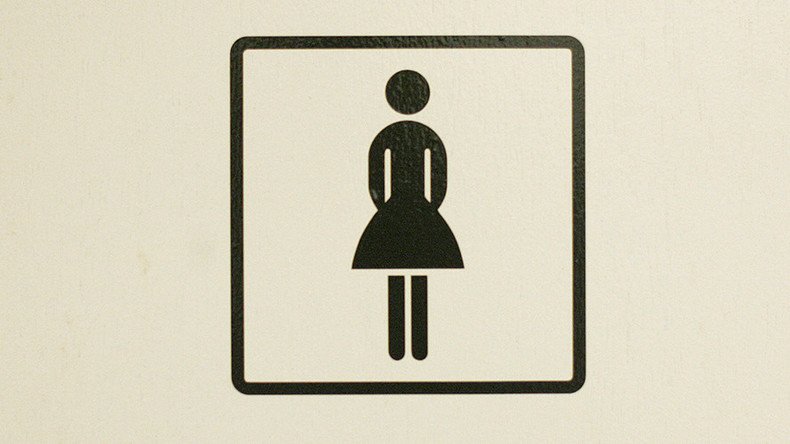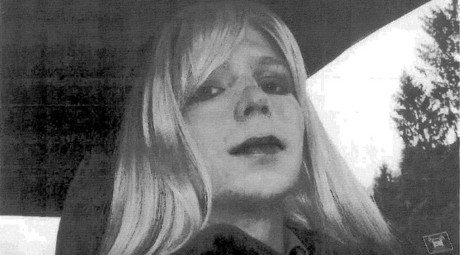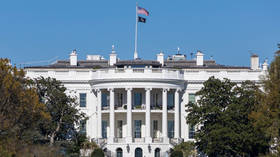NYC grants ANYONE right to use single-sex facility 'consistent with gender identity or expression'

New guidelines on gender-identity discrimination in NYC require all individuals be permitted to use single-sex facilities (bathrooms, locker rooms) and take part in single-sex programs regardless of their anatomy, appearance or the sex indicated on their IDs.
According to the guidelines, issued by the New York City Commission on Human Rights, covered entities that have single-occupancy restrooms should make it crystal clear they “can be used by people of all genders.”
The way to go is to post a sign in all single-sex facilities that states, “Under New York City Law, all individuals have the right to use the single-sex facility consistent with their gender identity or expression,” the guidelines say.
From now on, barring a transgender woman from using a women's restroom in New York City will also be against the law. Should some people, including customers, tenants or employees, object to sharing a facility or participating in a program with a transgender or gender non-conforming person, such objections are “not a lawful reason to deny access to that transgender or gender non-conforming individual.” Those being not comfortable with this may require space within multi-user facilities if they have privacy concerns.
Landlords, employers and businesses in New York City will also have to inline with the new rules. They have been officially prohibited from purposely calling a transgender woman "him" or "Mr" after she has made clear which pronouns and title she prefers. Refusal to use an individual’s preferred name, pronoun, or title just because “they do not conform to gender stereotypes” is considered to be a violation.
Conditioning an individual’s use of their preferred name on obtaining a court-ordered name change or providing identification in that name has also been made illegal. It means, one may not refuse to call a transgender woman her preferred name, Mary, because her identification says her first name is actually Martin.
Want to avoid getting in hot water? Make sure you ask the key question, the new guidelines suggest.
“Covered entities may avoid violations of the NYCHRL [the New York City Human Rights Law] by creating a policy of asking everyone what their preferred gender pronoun is so that no individual is singled out for such questions and by updating their systems to allow all individuals to self-identify their names and genders. They should not limit the options for identification to male and female only,” the guidelines state.
The guidelines also say dress codes requiring employees of one gender to wear a uniform specific to that gender (for instance, men to wear ties or women to wear skirts) are discriminatory.
“Covered entities may provide different uniform options that are culturally typically male and typically female. For example, an employer that provides uniform shirts may provide a shirt that is more typical of a woman’s blouse and another that is looser fitting in a style more typical of a man’s button down shirt.”
READ MORE: Transgender prisoner ‘tries to chop off testicles’ after being denied hormone therapy
It would be unlawful to require an employee to wear one style over another, the guidelines stress, however.
The devil is in the details, really. The new guidelines don't even fail to mention that “permitting female but not male residents at a drug treatment facility to wear wigs and high heels” is discriminatory. It's probably as humiliating as “requiring all men to wear ties in order to dine at a restaurant,” which is also considered to be a violation from now on.
Failing to provide health benefits for gender-affirming care to an employee or failing to accommodate people undergoing gender transition, such as medical appointments, also violates the law, they said.
Discrimination based on gender identity and expression has been declared illegal in NYC since 2002. "Today's new guidelines strengthen those laws by ensuring that every transgender and gender non-conforming person in New York receives the dignity and respect they deserve," Mayor Bill de Blasio said in a statement.
Violating the guidelines will result in a penalty of $125,000 while "violations that are the result of willful, wanton, or malicious conduct" will set you back $250,000.














